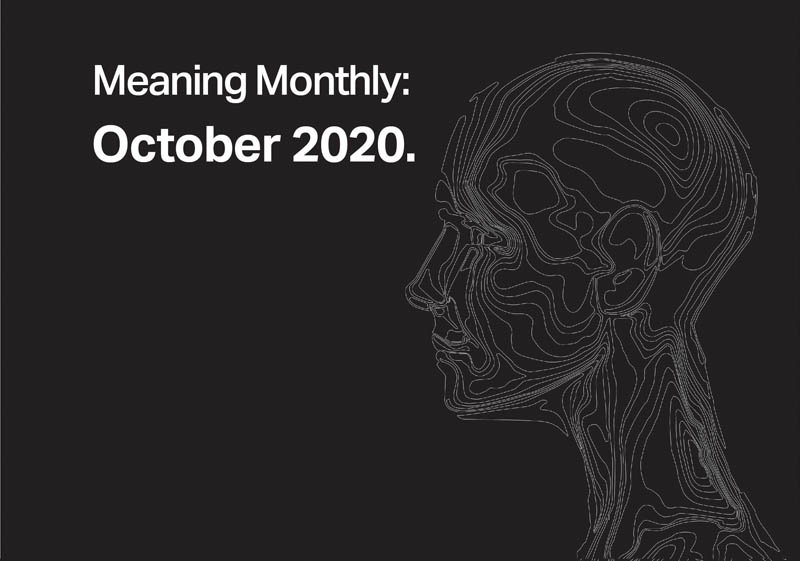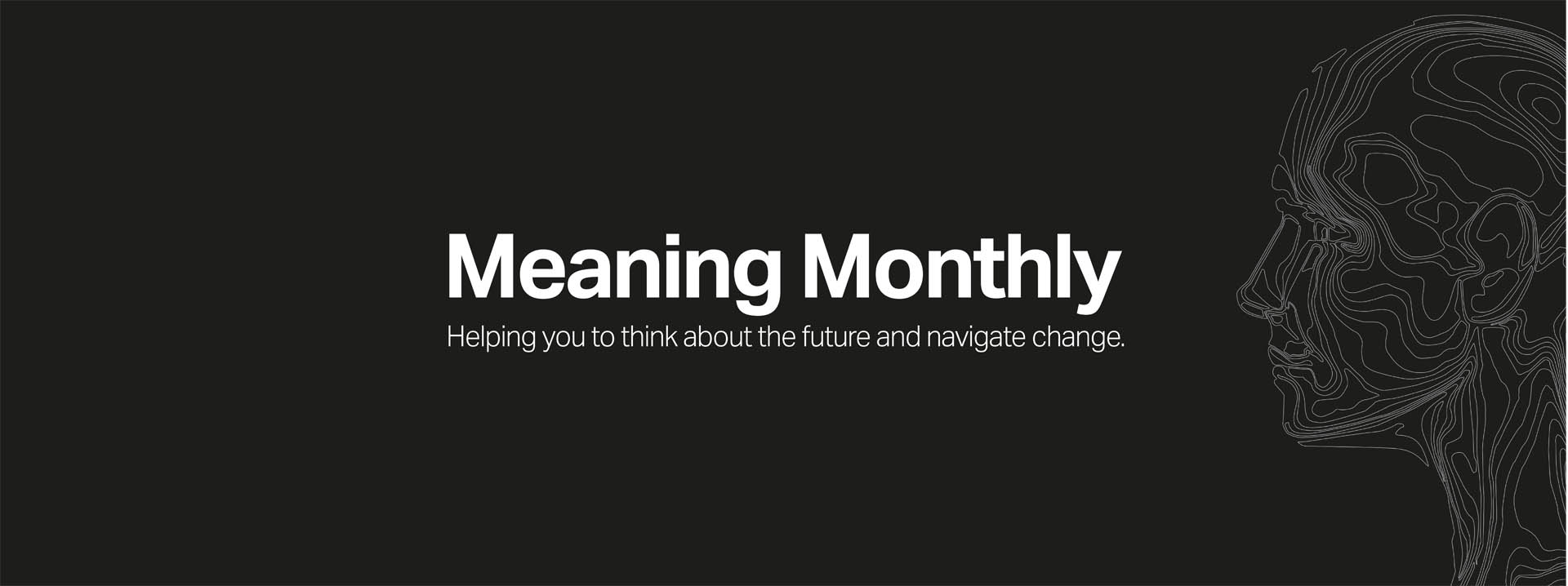
November 2020
Earlier this year, we were asked to set a brief for the final year product design students at Central Saint Martins. We asked the students to question the prevalence of ‘smart’ technology in our homes and propose new products and experiences that critically consider ‘smartness’ and the value it provides across the areas of family life, the ageing population or sustainably minded audiences.
Despite the disruptions and limitations of COVID-19, innovative and inspiring designs were created. In this month’s edition of Meaning Monthly, we are excited to share some of the resulting projects with you.
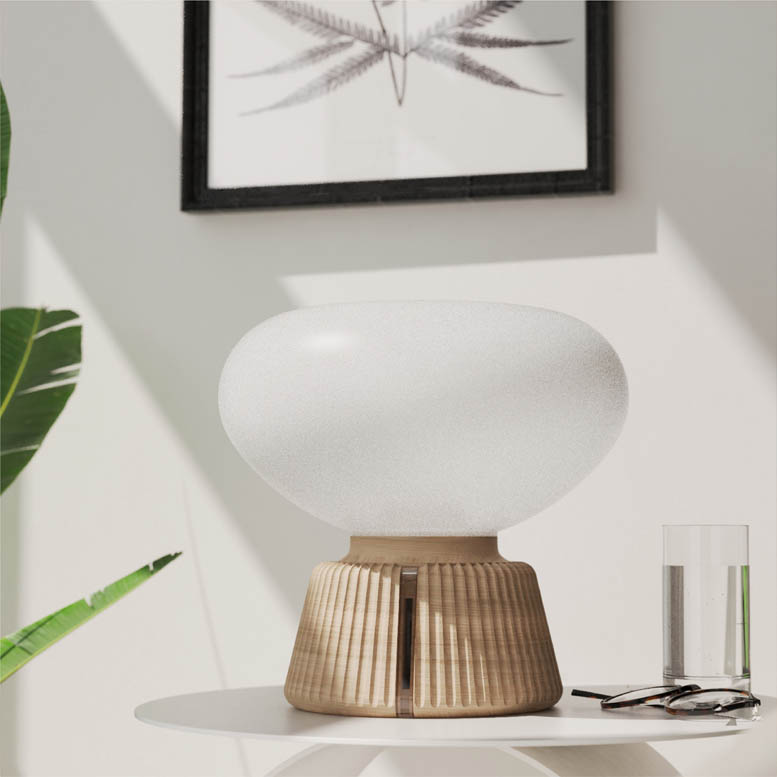
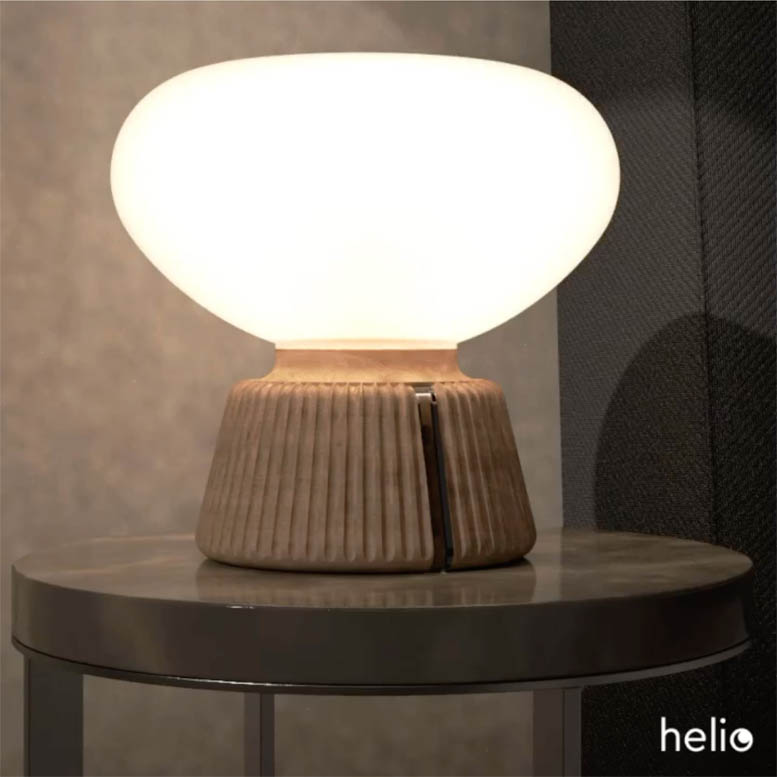
Helio: Improving sleeping routines for people with dementia.
Schirin Dilmaghani created Helio “a smart bedside lamp that improves the sleep of people with dementia by easing the transition from day to night. It simulates dusk & dawn through slow light transitions.⠀
Many people with dementia suffer from severe sleeping problems and sundowning (a condition where people grow more restless and agitated towards the end of the day). This does not only affect the physical and mental health of the care recipient but also of the family caregiver.
A companion app lets caregivers set the sleeping schedule and check on the sleeping patterns of the person in care and provides alerts, should the person in care get up at night. This real time information helps the caregiver feel at ease during the night. Helio celebrates connectivity between people to improve the wellbeing of the person in care and the caregiver.”⠀
We appreciated the thorough understanding of the complexity and importance of meaning and user scenarios for everyone involved.⠀
Project by Schirin Dilmaghani.
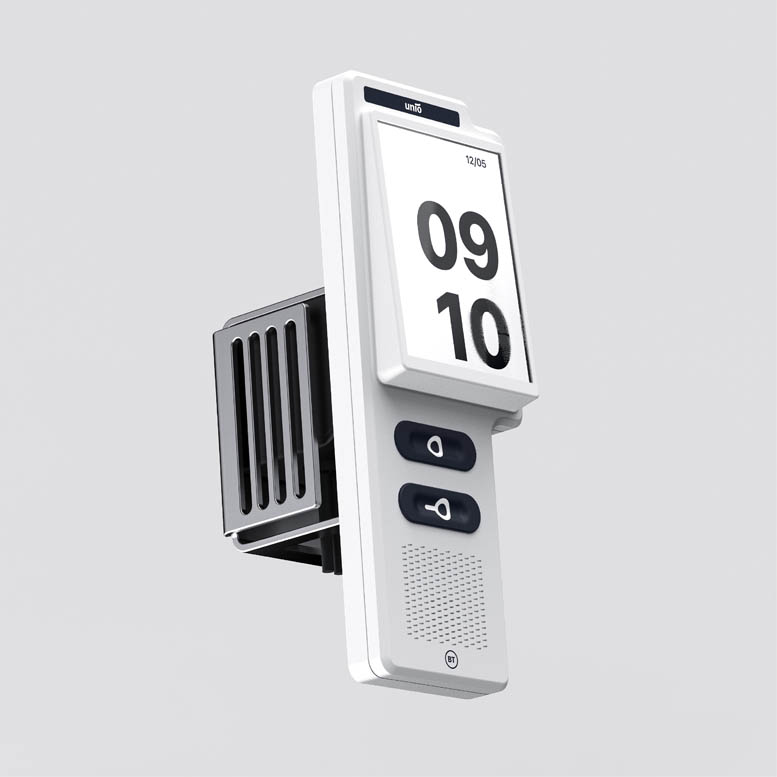
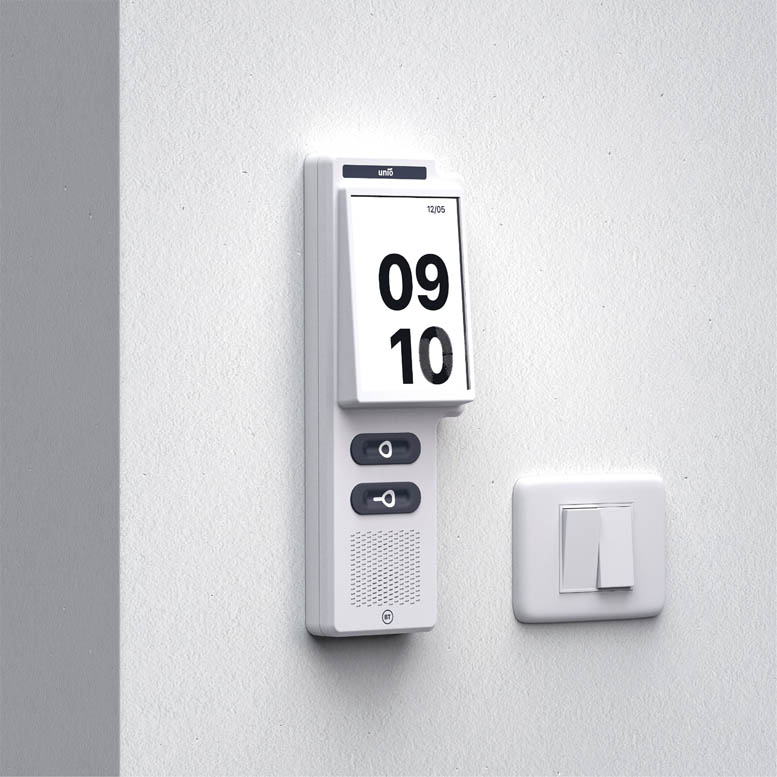
Unio: A smart home intercom system, designed for new apartment buildings within urban neighbourhoods.
Emre Kayganaci created “Unio, a concept for a smart home intercom system, designed for new apartment buildings within urban neighbourhoods. As a concept telecommunications brand – Unio aims to tackle the decreasing levels of neighbour interaction and sense of community, redefining how modern communities are created and maintained in the age of smart technology. Unio System1 revolutionises how home intercom systems are designed and implemented through integration of simple hardware and social technology, making it the modern day evolution of home intercom systems.”⠀
We appreciated the shift in meaning from a simple portal between outside and inside, to a system supporting localised community engagement and awareness whilst thinking beyond an app based interaction.⠀
Project by Emre Kayganaci.
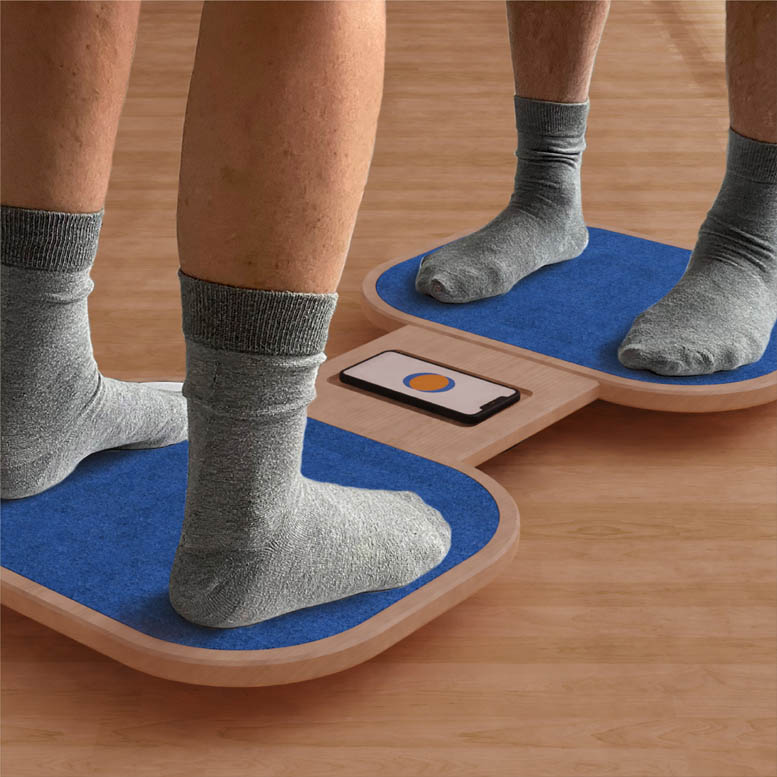
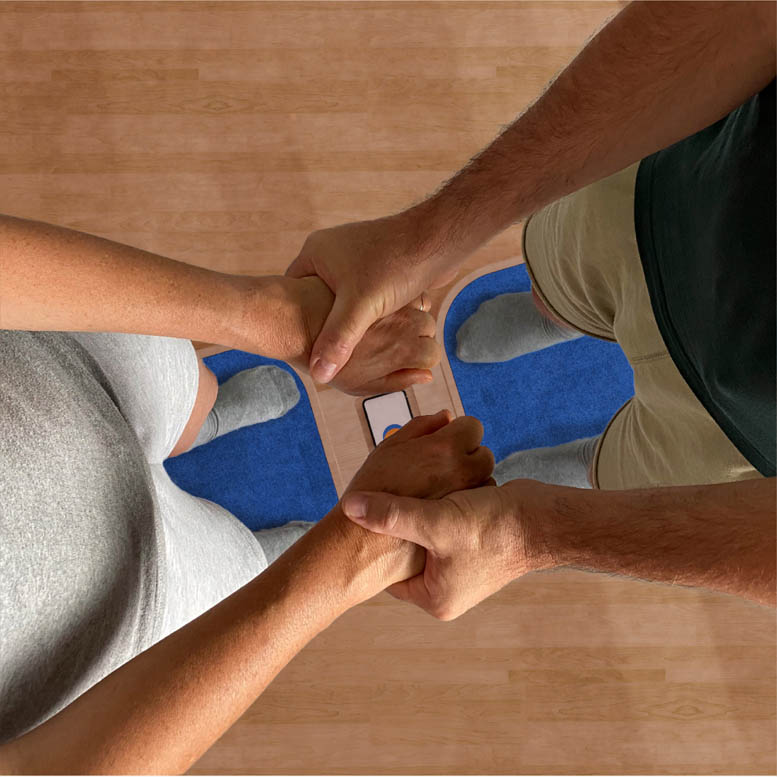
Ponte: A balance board used by two people simultaneously so they can improve their balance together.
Sara Alber created Ponte “a balance board that is used by two people simultaneously so that they can support and motivate each other to improve their balance together.⠀
The users need to maintain eye contact, communicate and support each other through touch. This allows them to strengthen their bonds and improve their empathy towards each other.⠀
A phone with the Ponte application is placed at the centre of the board and helps visualise how balanced the board is. Furthermore, it helps establish a healthy habit by recording the frequency of use.”
We appreciated the meaning shift that allows a focus on personal connection, empathy and support while technology quietly offers monitoring and feedback when needed.⠀
Project by Sara Alber.
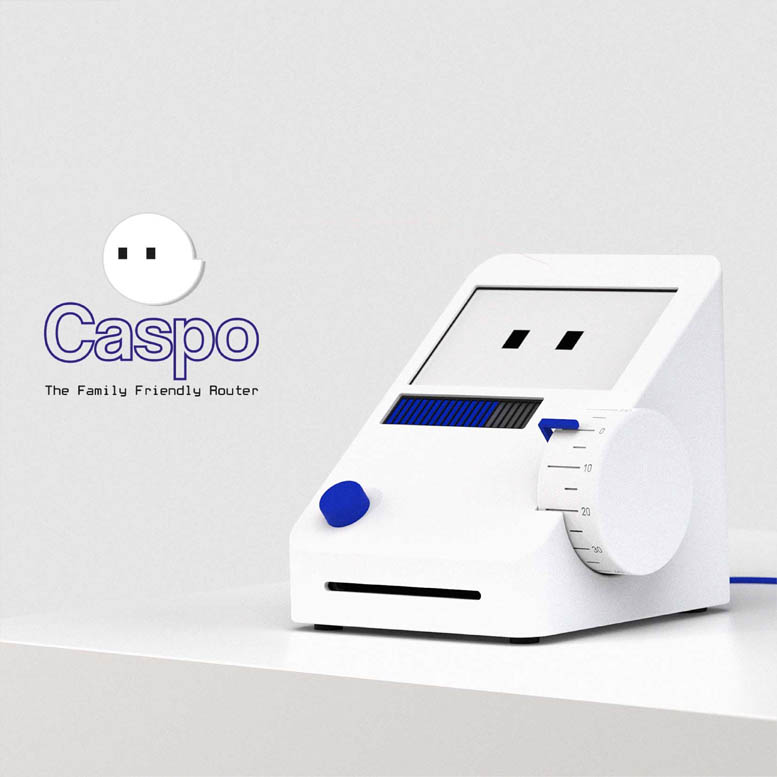
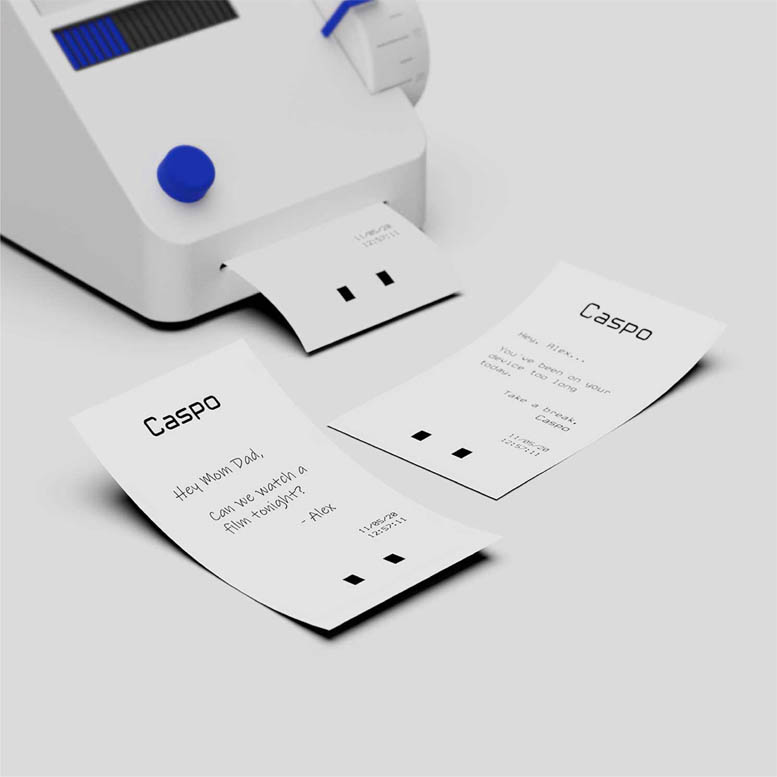
Caspo: The family friendly router.
Alexis Bardini created Caspo “Named after the mischievous poltergeist, Caspo is a playful and tangible home Wi-Fi router which intelligently intervenes and controls Wi-Fi, to reduce the loss of shared experiences and family time at home. It is designed as a tool to overcome ‘Technoference’ of Wi-Fi devices, build better digital habits and foster meaningful family interaction.”⠀
We appreciated the celebration of the physicality of devices in tactile, mechanical switches, and the tongue-in-cheek approach and playfully nudges that encourage us to put down our devices and (where possible) spend real time with friends and family.⠀
Project by Alexis Bardini.
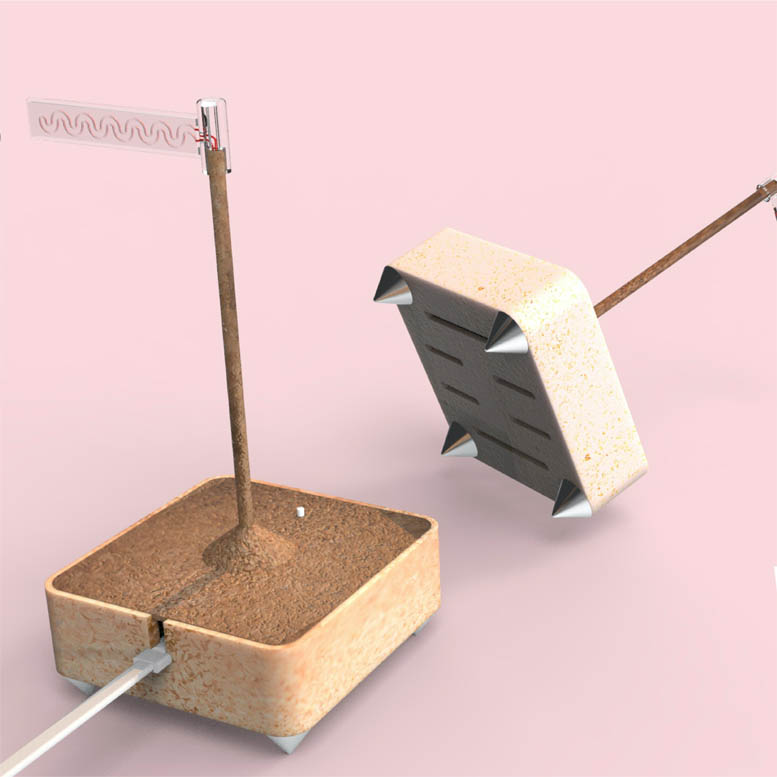
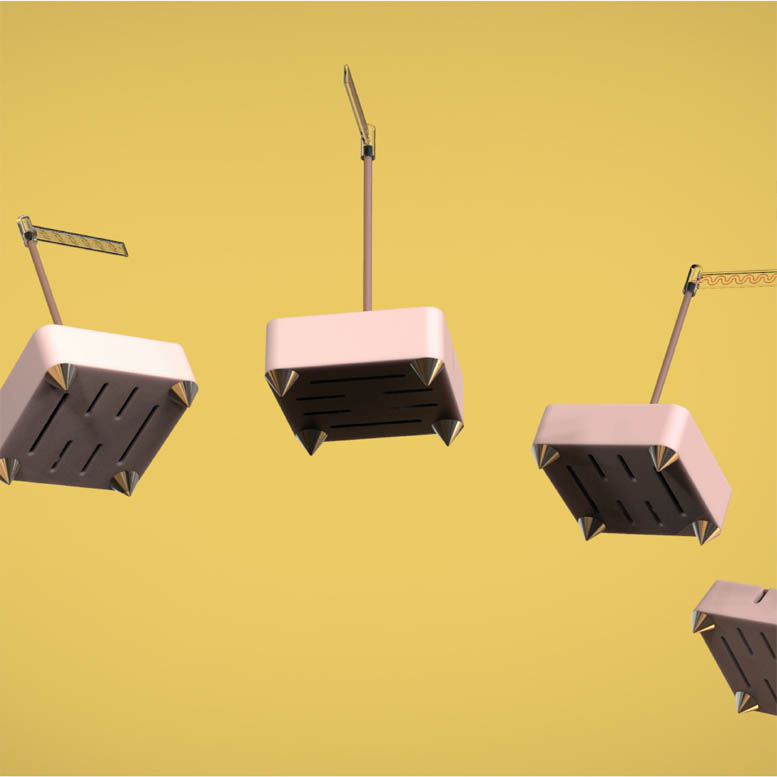
Pilot: A low tech network.
Etienne Thevenet created Pilot “a personal web server designed to reduce electricity consumption from data centers. Powered on at dawn and off at dusk by a light sensor switch, Pilot questions a physiological approach of the internet. It vows to create the idea of a sleeping network, at the antithesis of the always on demand.”⠀
We appreciated the meaning shift from the ‘always on’ unbound by location to something that challenges us to re-think our technology behaviours in the interest of the environment and our wellbeing.
Project by Etienne Thevenet.⠀
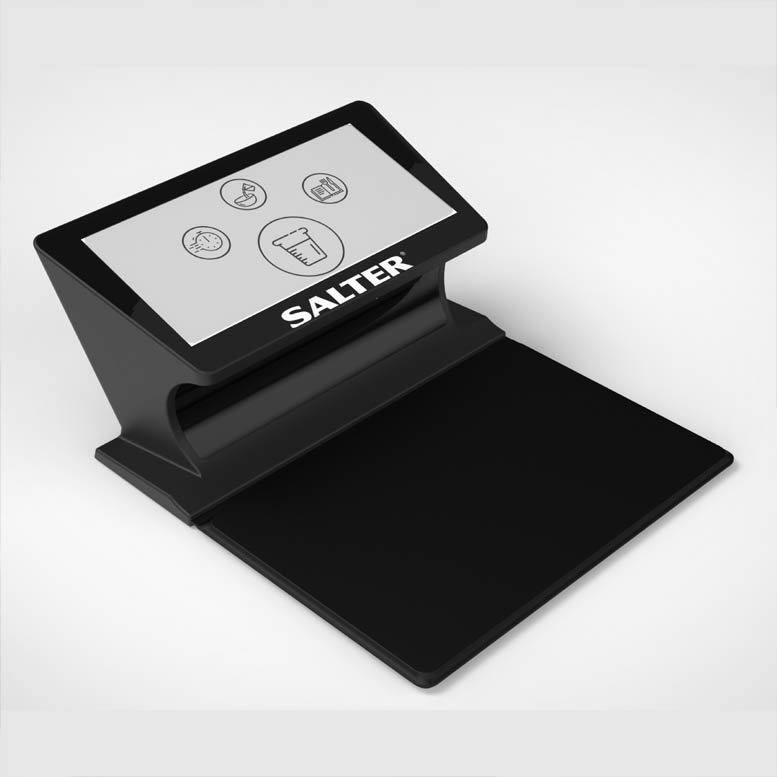
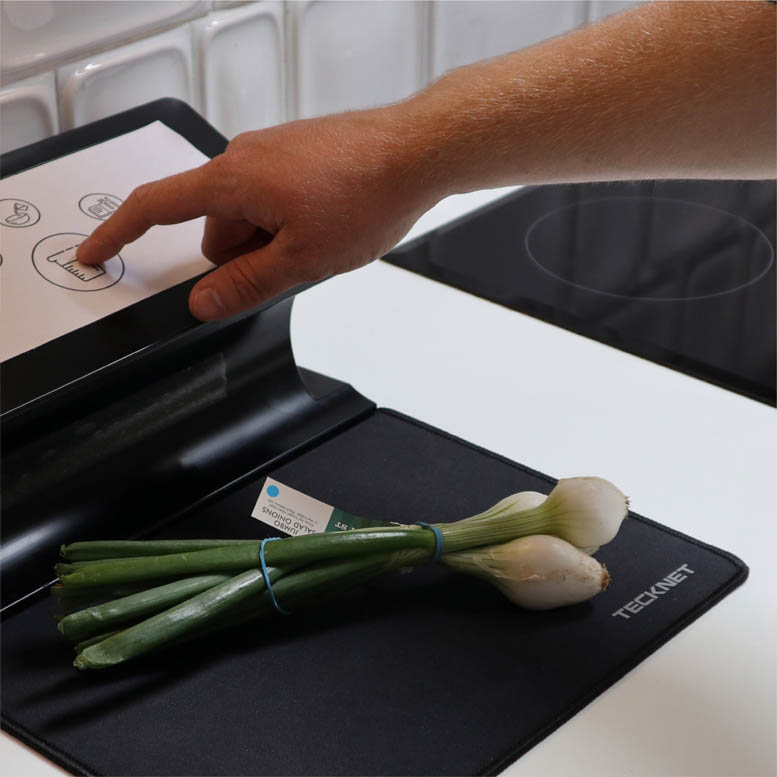
Salter Gram: A kitchen worktop smart hub.
Louis Greenway created The Salter Gram “a kitchen worktop smart hub which knows what food items you have, how much you have of each item you have, and the expiry date of each item. From this information it can provide reminders and recipes that use the items you have, before they expire. The hub uses existing database information from barcodes on products and NFC tags to track items and quantities.”⠀
We appreciated the evolution of meaning and product usage typology for an existing and established brand while tackling the huge issue of food wastage.
Project by Louis Greenway.⠀
Previous month
October 2020
Last month, we covered IFA, Europe’s biggest trade exhibition for consumer electronics and home appliances, and highlighted emerging products and trends from the industry.
Meaning Centred Design Assessment
Meaning Centred Design helps your business understand how people think about, perceive and understand what you stand for and what you have to offer.
MCD Insights can be mapped and translated into new propositions with the potential to make your brand more distinctive, more engaging and ultimately more valuable.
This assessment is an interactive online tool that will help you quickly assess your current situation. It takes less than 5 minutes to compl
